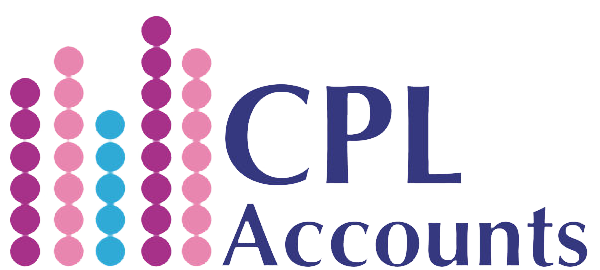Please contact us by using the form below. Alternatively you can call us on +44 7591 261085
Visit Us
Street End Road
Sidlesham Common
Chichester
West Sussex
PO20 7QD
Opening Hours
Monday - Friday, 9am - 5pm
Sole Trader FAQs
A sole trader, also known as a self-employed individual, is someone who owns and runs their own business. The business and the owner are not legally separate entities.
This means that as a sole trader, you have full control over your business, its assets, and the profits you make after tax.
As a sole trader in the UK, you are required to pay several types of taxes. These include:
- Income Tax on your business profits after deducting allowable expenses
- Class 2 and Class 4 National Insurance contributions
- and VAT if your annual turnover exceeds £90,000.
- However, you can voluntarily register for VAT even if your turnover is below this threshold.
In the tax year 2024/25, a sole trader can earn up to £12,570 before they are required to pay income tax. This limit is known as the personal allowance.
Paying taxes as a sole trader involves several steps:
- First, you need to register for Self Assessment.
- Then, you must keep accurate records of income and expenses, complete your Self Assessment Tax Return, and calculate your tax, which includes Income Tax and National Insurance Contributions.
- Once you’ve calculated your tax, you’ll need to pay it to HMRC.
- It’s your responsibility to submit accurate tax returns and pay any tax due on time, which is why we recommend taking advantage of professional services such as CPL Accounts to keep track of your expenses throughout the year and calculate your taxes.
While there is no legal obligation for a sole trader to hire a bookkeeper in the UK, it is often beneficial to do so. A bookkeeper can help maintain proper books and records and ensure compliance.
If you earn over £1,000 per tax year from self-employment, you must register as a sole trader with HM Revenue and Customs (HMRC).
It’s also a legal requirement to record all your business’s income and expenses, which is crucial for calculating your self-assessment tax bill.
While it’s not legally required for sole traders to have a dedicated business bank account, it’s highly recommended to keep personal and business finances separate to avoid confusion and potential legal issues.
